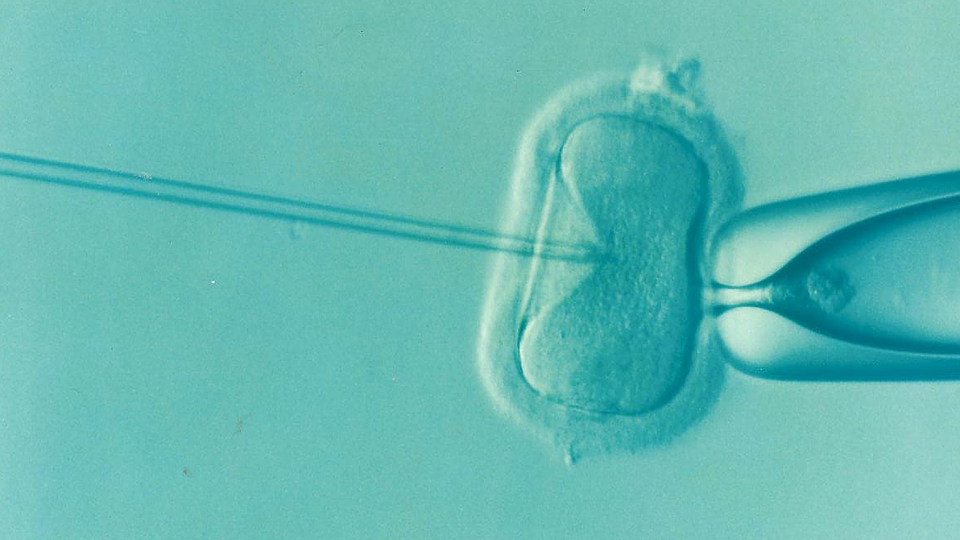
In order to prevent a possible pregnancy — either for health reasons, lifestyle planning reasons, or often both factors enter into the equation — many women opt to have their “tubes tied”.
This surgical procedure, which is called tubal ligation, involves blocking, tying or cutting a woman’s fallopian tubes, so that her partner’s sperm cannot reach and fertilize eggs; therefore eliminating the possibility of pregnancy. Tubal ligation is the most popular form of birth control among married couples.
However, circumstances and opinions change, and many women who previously underwent tubal ligation surgery want to get pregnant. Fortunately, provided that it doesn’t impose a severe and untreatable health risk, there are two popular options: tubal reversal and in-vitro fertilization (IVF).
Tubal reversal is a surgical procedure in which blocked tubes are reconnected to the uterus, using very small stiches. IFV involves manually combining an egg and sperm in a laboratory, and then transferring the embryo to the uterus.
Now, if you were hoping for an article to definitely tell you which option is right, safe or “best” — then I’m sorry to disappoint you, but that’s not what you’ll find. What’s more, any article (or video or book, etc.) that purports to tell you what is categorically the right option should be treated with serious skepticism. After all, this is a highly personal, intimate decision that must be made after consultation with your spouse or partner, any other involved family members, your family doctor, OB/GYN, and other specialists who may be involved in your care (for example, tubal reversal is performed by licensed microsurgeons, some of which are also OB/GYNs).
Yet, with this being said — i.e. that there is no definitive “right answer” or “best direction” — to get pregnant after getting your tubes tied, I can highlight what is likely the top-of-mind consideration for you at this time: success rate.
- According to WebMD, for women who undergo tubal reversal, pregnancy success rates are between 40 and 85 percent, and pregnancy (if it does happen) usually occurs within the first year.
- According to the American Pregnancy Association, IVF success depend on many factors, including the age of the woman. Based on various studies, the general success rates are 41-43 percent (women under age 35), 33-36 percent (women 35-37), 23-27 percent (women ages 38-40), and 13-18 percent (women over 40 years of age).
Speak with Your Doctor and OB/GYN
Again, this can’t be emphasized enough: by all means, do your research online since there is some good information available (including the sources listed in this article). But ensure that you speak directly with your doctor and OB/GYN to get the facts you need to make a smart, safe decision that is right for you, your family and your future.


